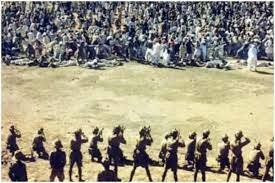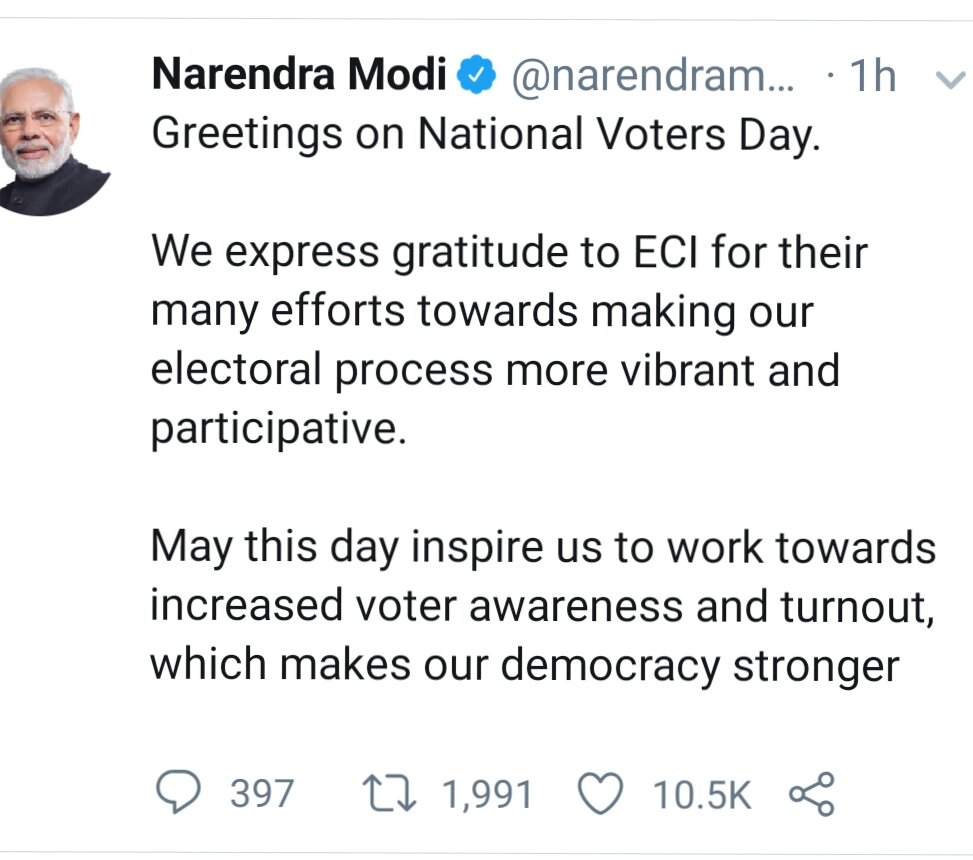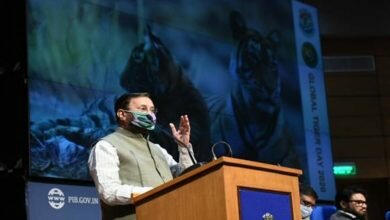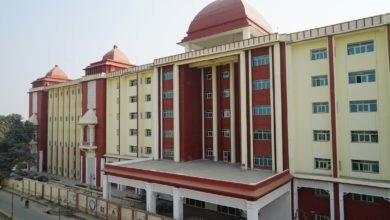Jallianwala Bagh Massacre -the first nail in the coffin of the British empire

The Indian freedom struggle is a chequered history written in blood in the name of those who laid their lives for the nation. The 13th April 1919 was one such a day when Amritsar was immersed in a festive fervor on the occasion of Baisakhi. Uninformed of the British officer’s ban on public meetings, several people gathered at the Jallianwala bagh to meet and greet each other on the festive occasion and peacefully protest the arrest of freedom fighters Satyapal and Saifuddin Kitchlew.
Punjab had been at the center of anti-colonial activities as they rose against the oppression of the British colonial rule. The consequent occurrence of acts of non-adherence to the British commands had nearly paralyzed the regional administration and made the British officers nervous.
Prior to the Jallianwala Bagh massacre, the Rowlatt Act passed by the British Government gave indiscriminate powers in the hands of the Police to arrest any person without any reason whatsoever. The draconian law aimed to suppress the growing nationalist upsurge in the country. In response to this, Gandhi Ji called upon the people for Satyagraha.
Saifuddin Kitchlu and Dr. Satyapal, who were renowned national leaders of the city of Amritsar also organized Satyagraha against Rowlatt Act. People from all sects participated in the peaceful gatherings that happened in Jallianwala Bagh.
This was a big jolt for the British rule, which was rendered helpless and nervous against India’s resilience. Thus the British Government ordered the arrest of Dr. Kitchlu and Dr. Satyapal, evoking a strong reaction among the people of Amritsar.
On 9th April 1919, Mahatma Gandhi was arrested. This news caused large and angry crowds to gather on the streets of Amritsar on 10th April. Thereafter, British banks were set on fire and three bank managers murdered. The violence continued through the 10th and 11th of April.
Perturbed, the city was placed under de facto martial law. The Collector handed over the charge to Brigadier-General Reginald Dyer.
What happened next on the fateful day of 13th April 1919 was not an isolated incident, but an incident that happened with a multitude of factors working in the background. It was the initial spark, one of the first nails in the British empire’s coffin that ultimately led to India’s Independence.
(PBNS)






